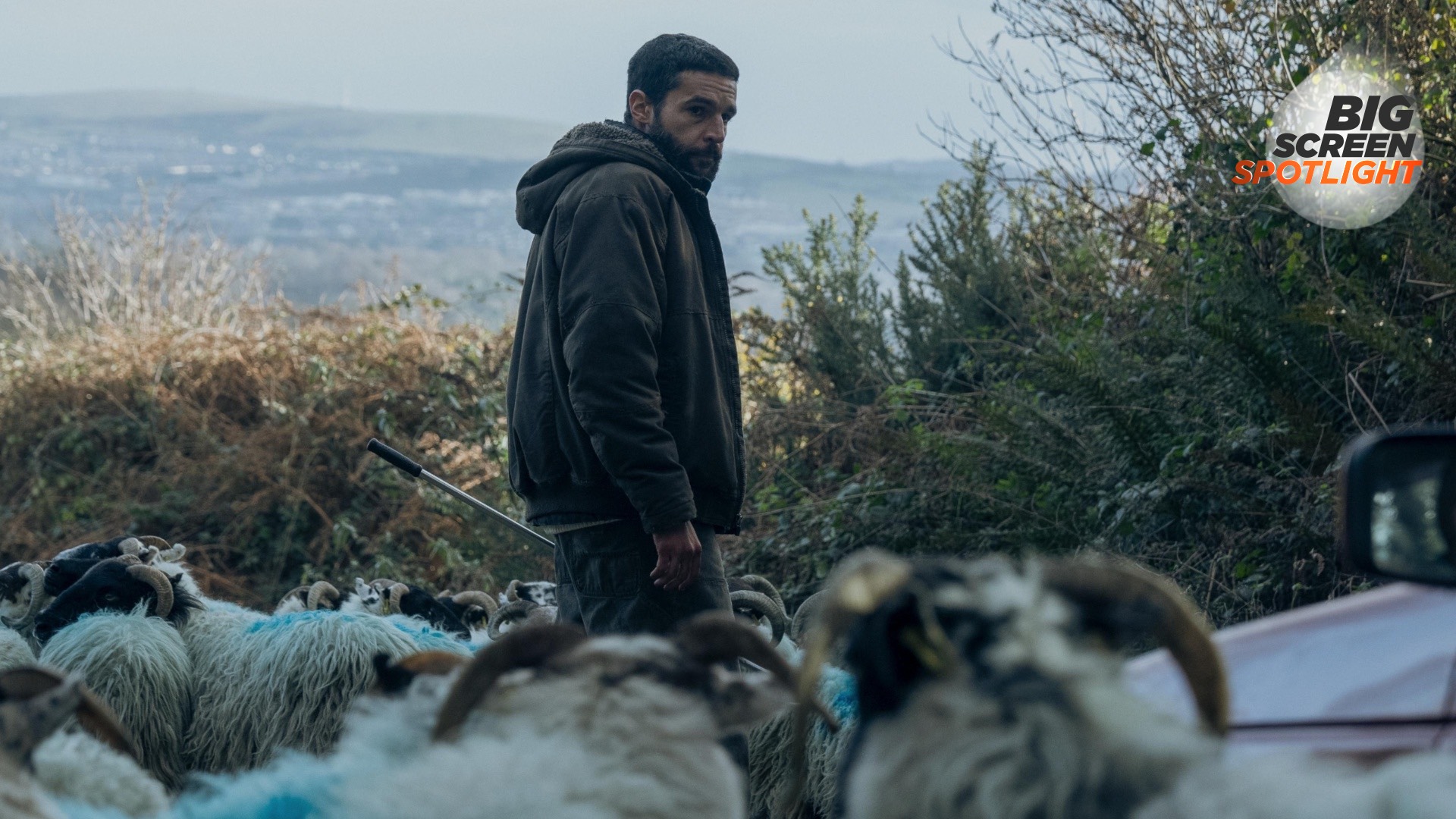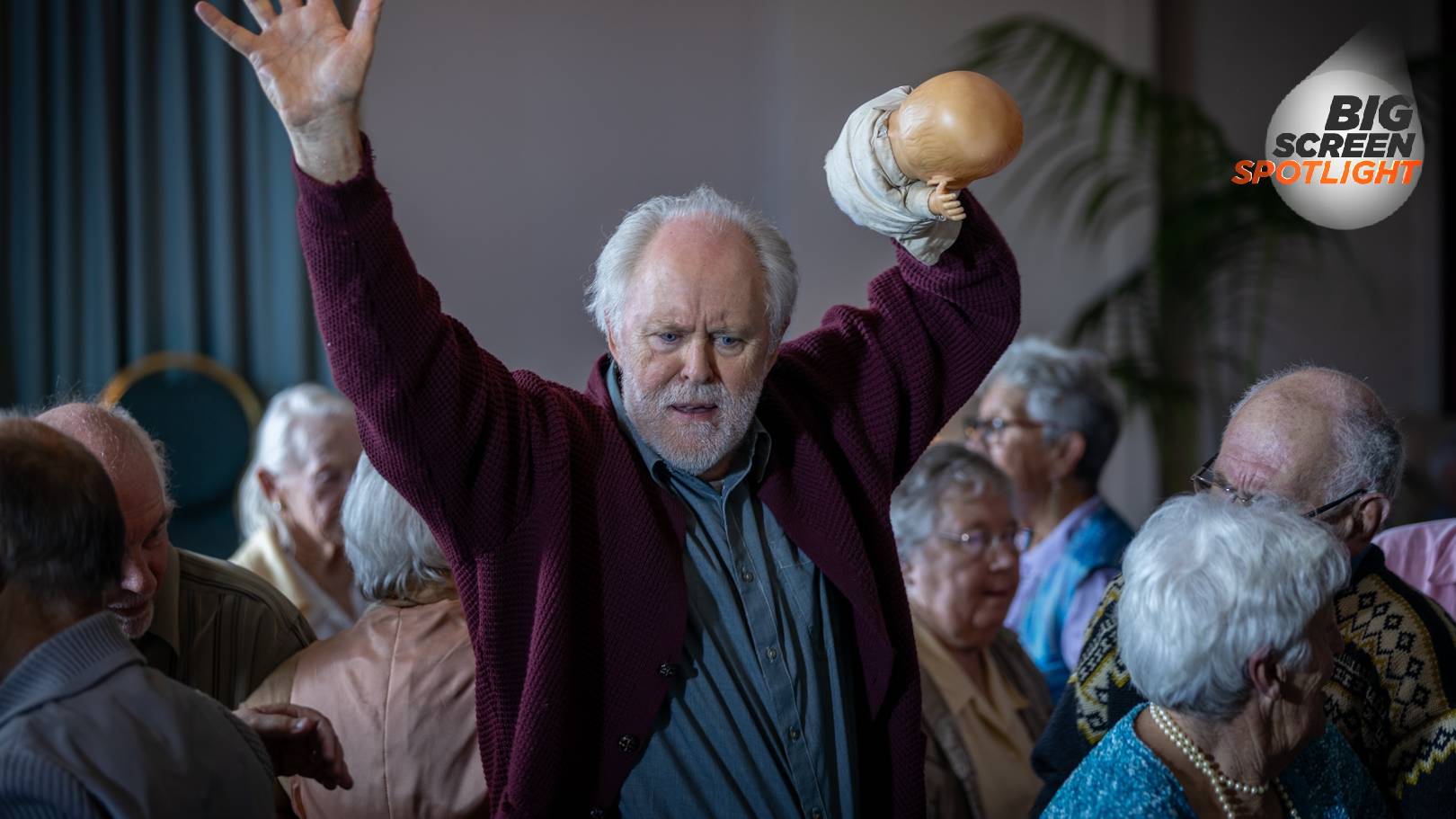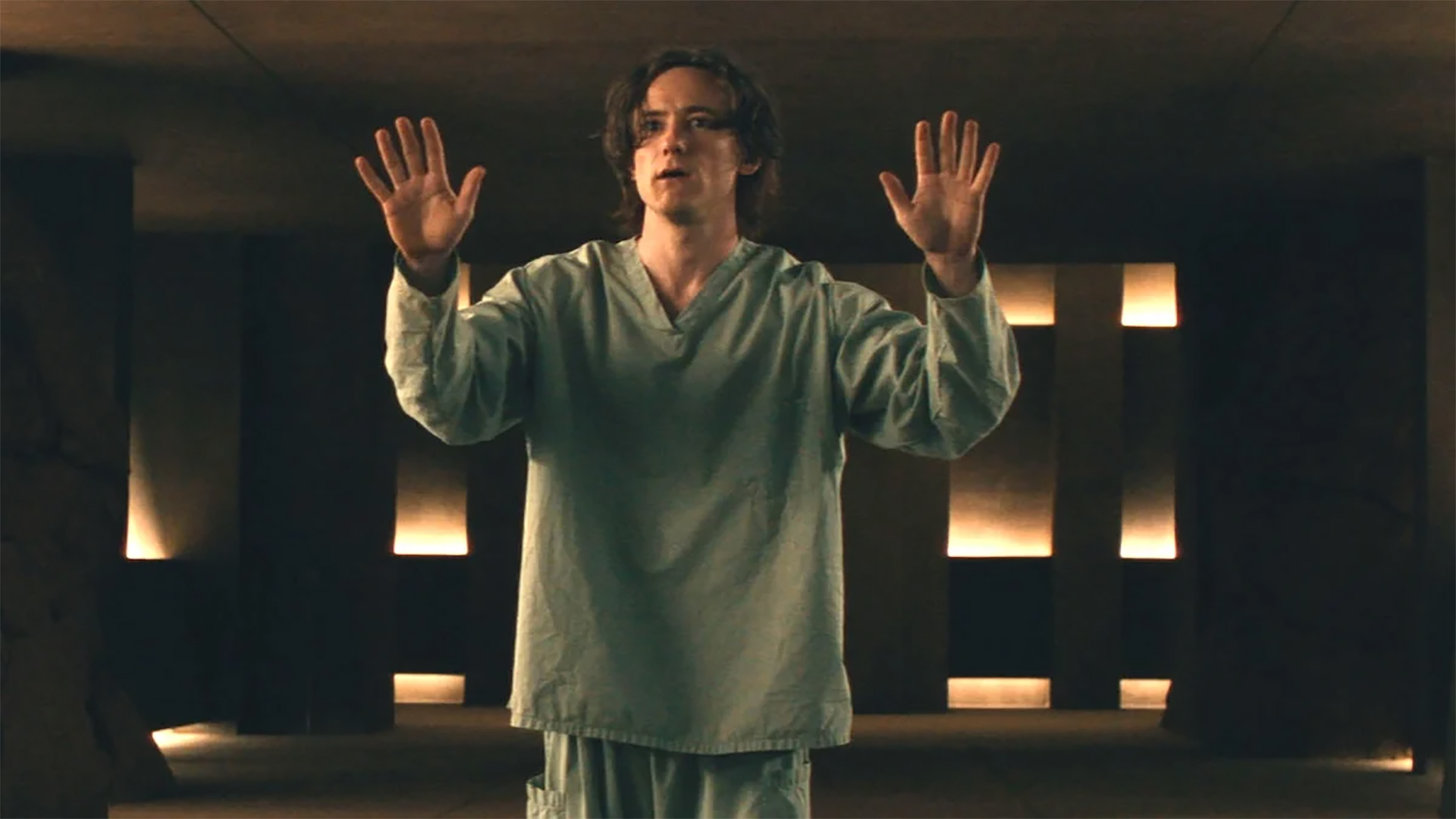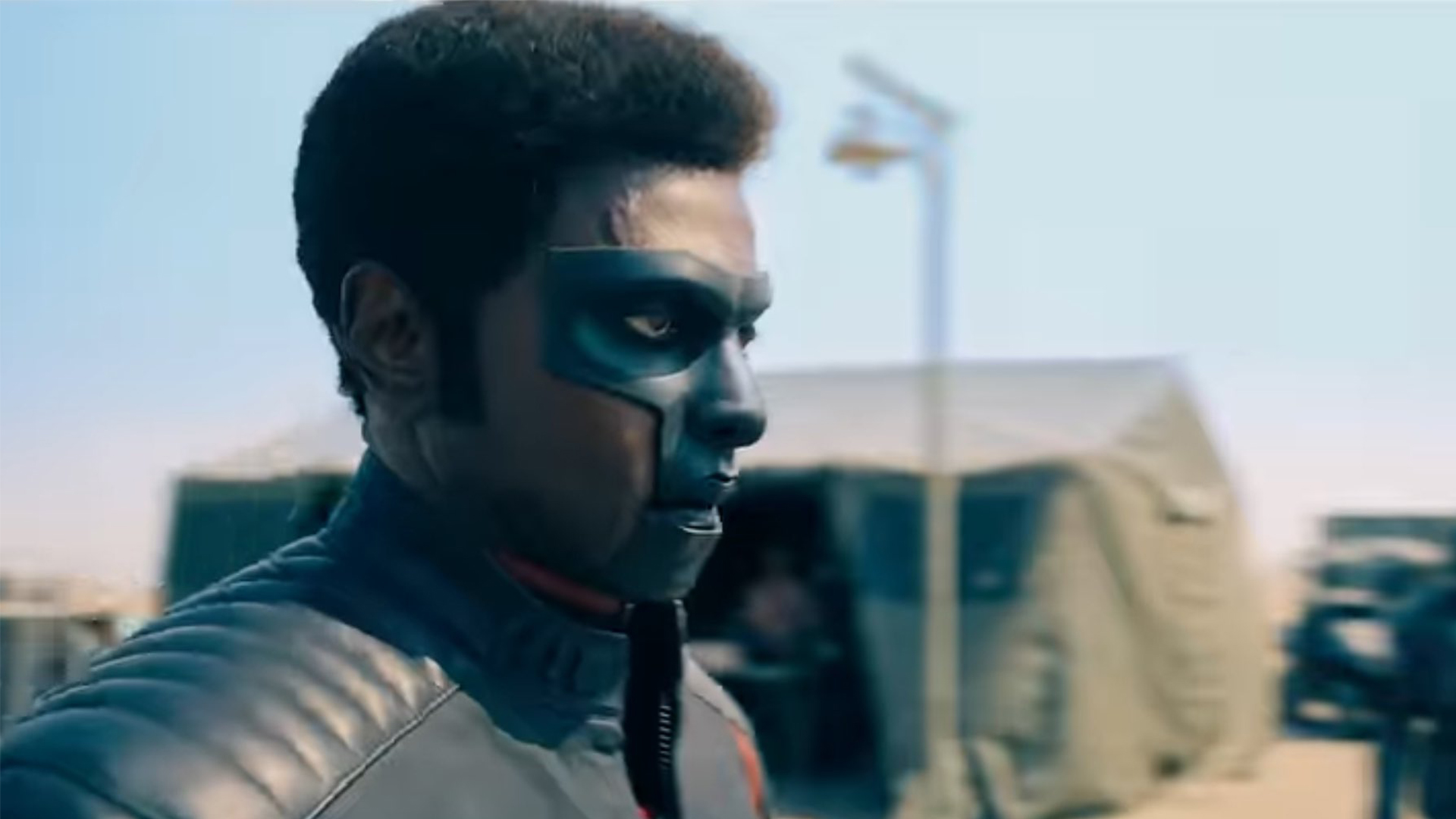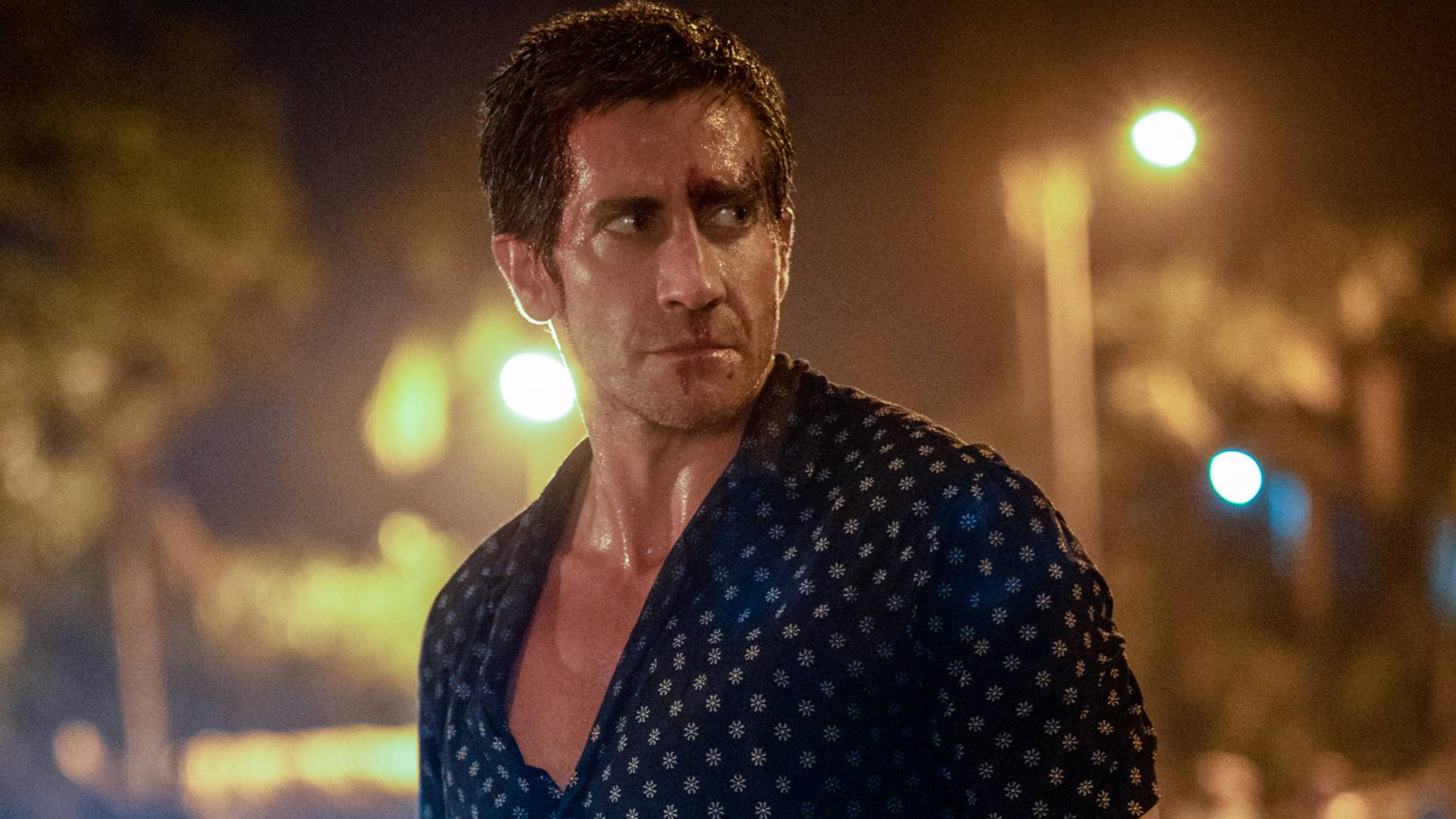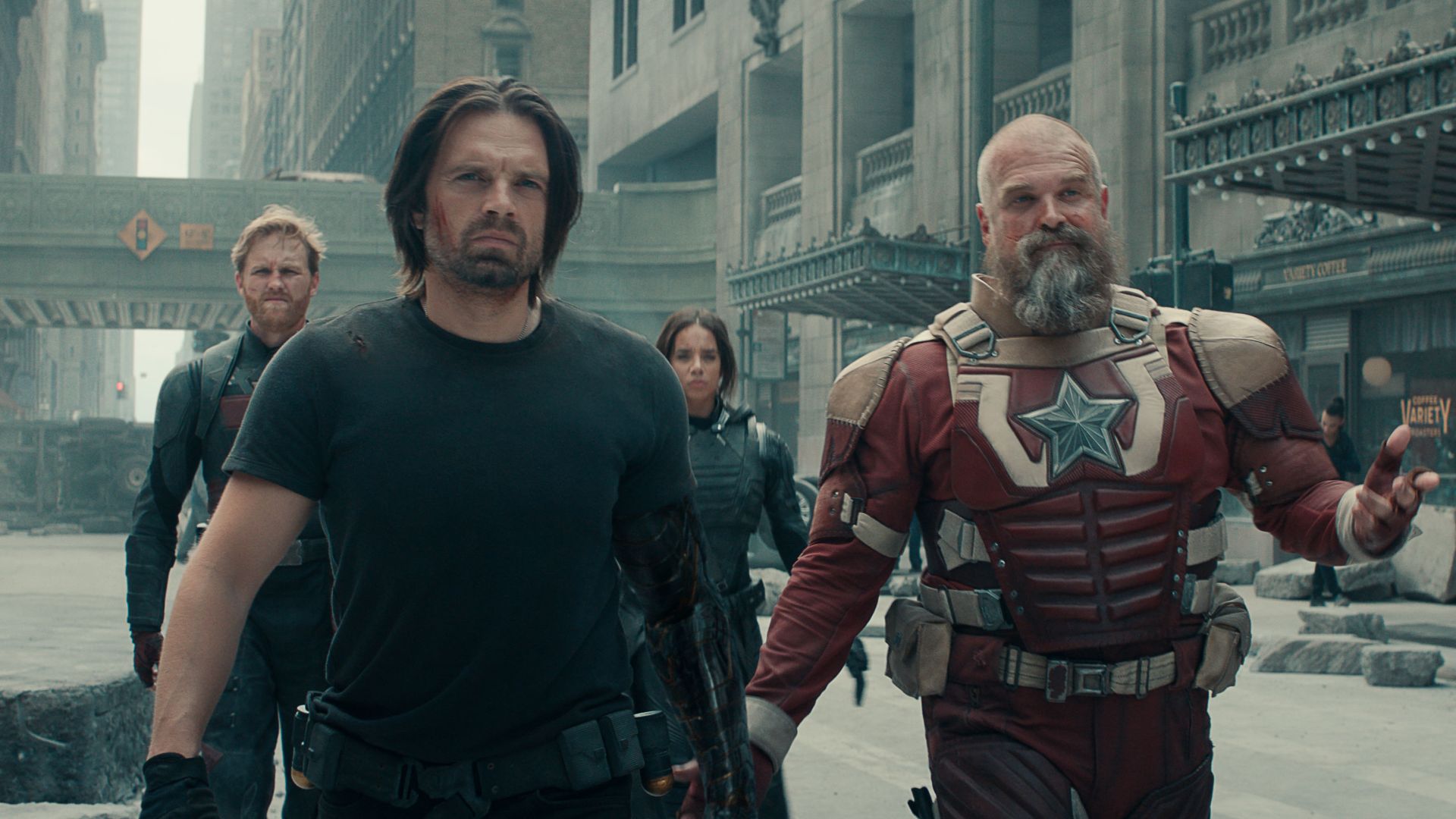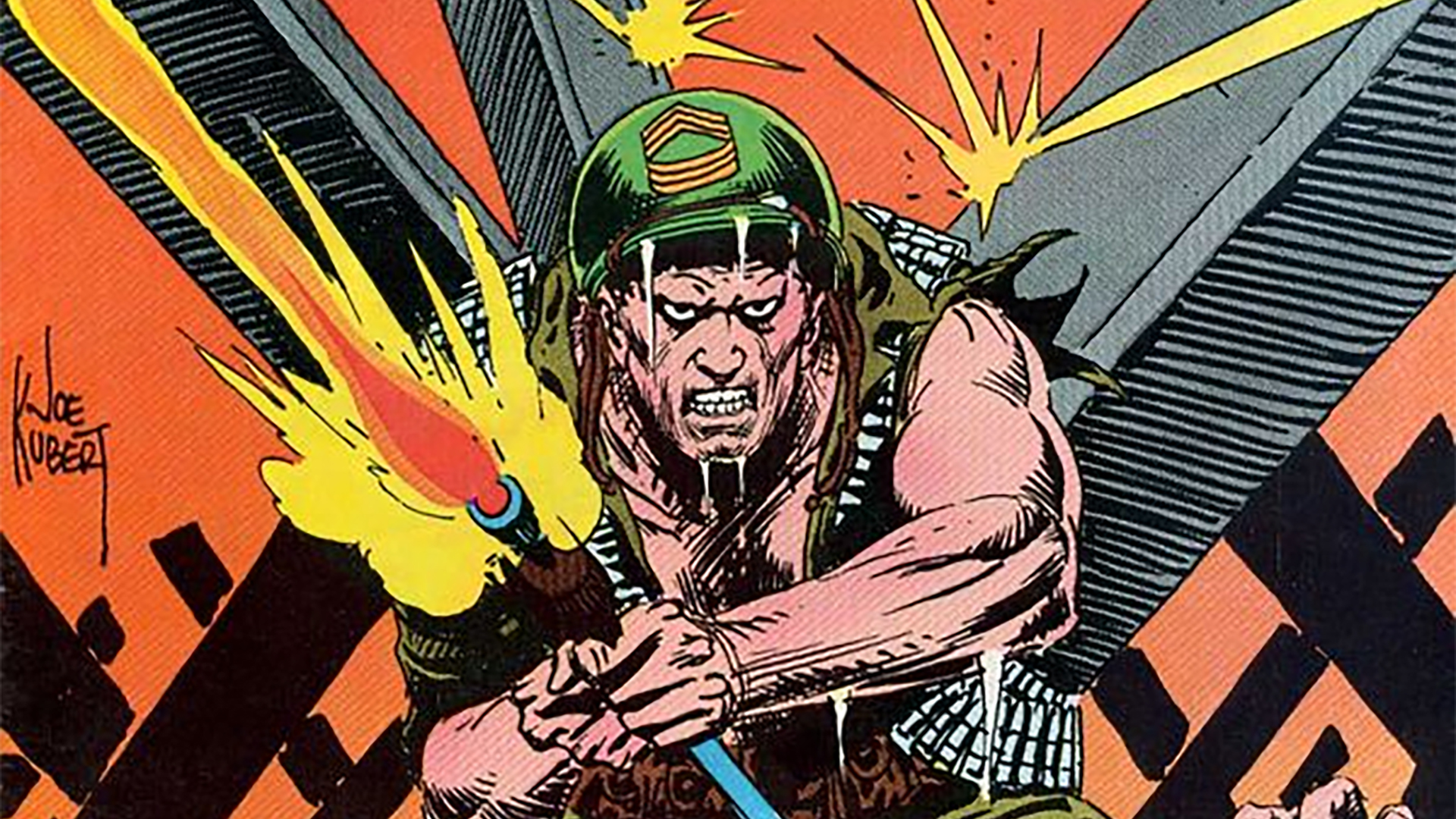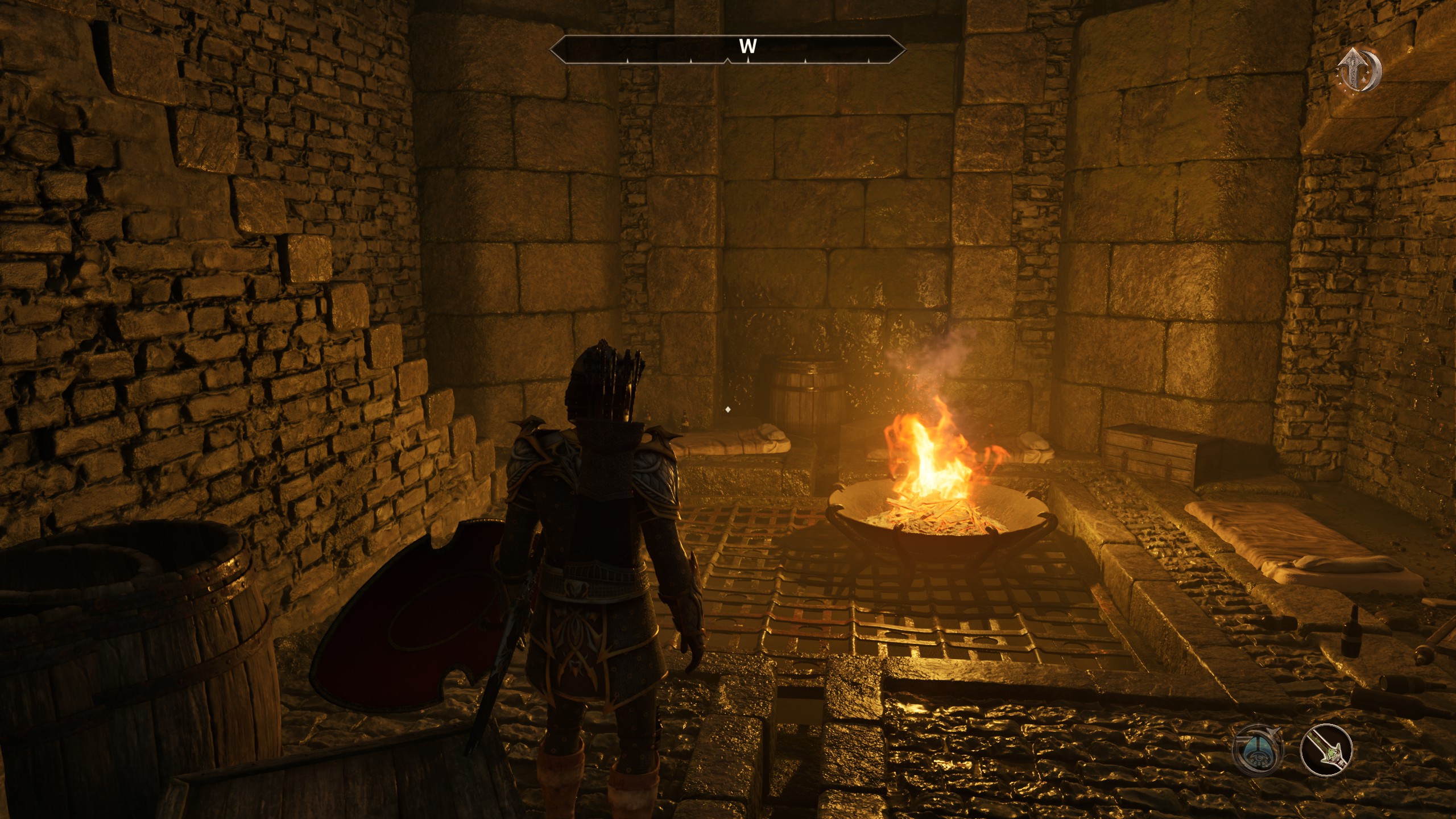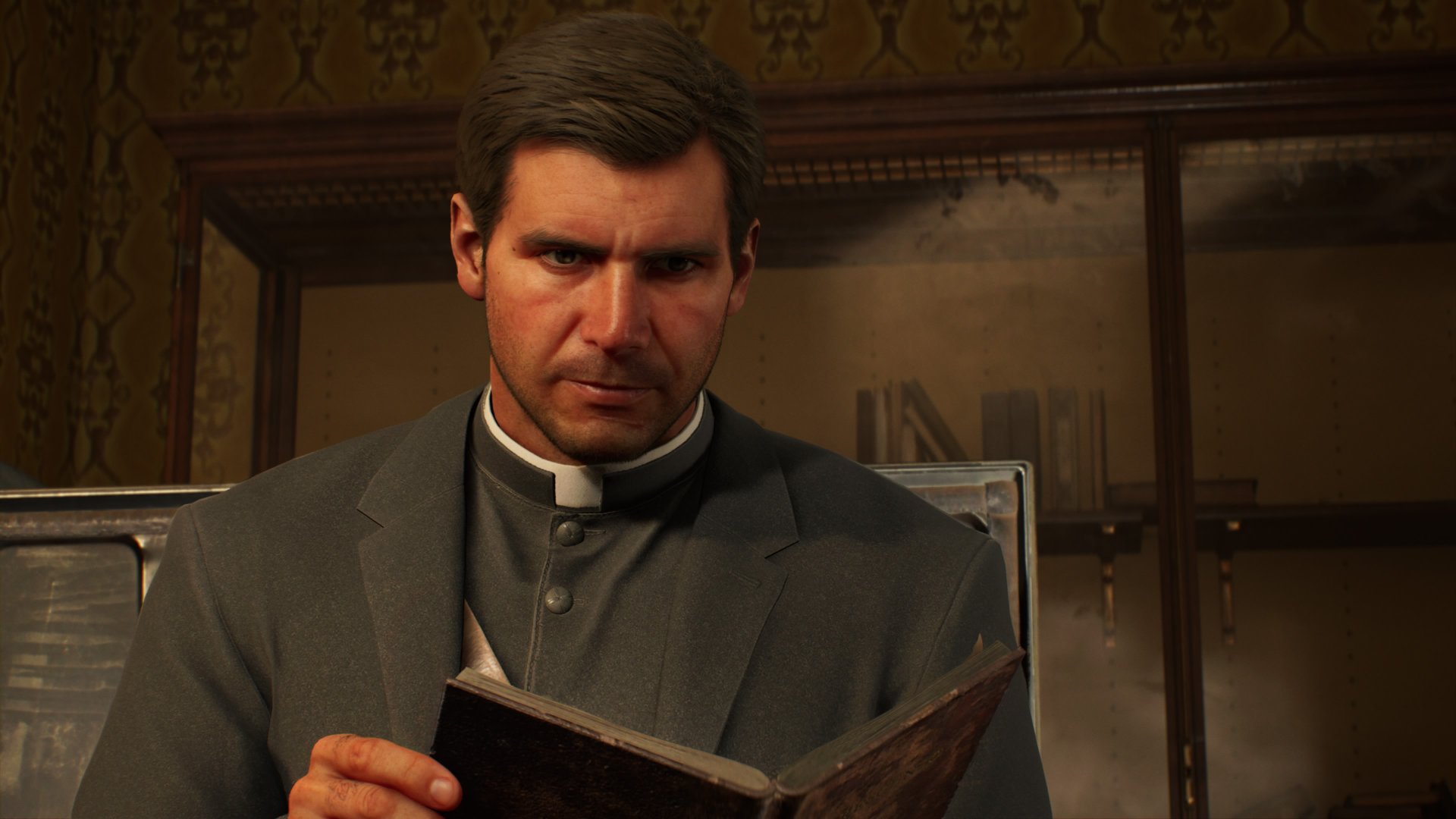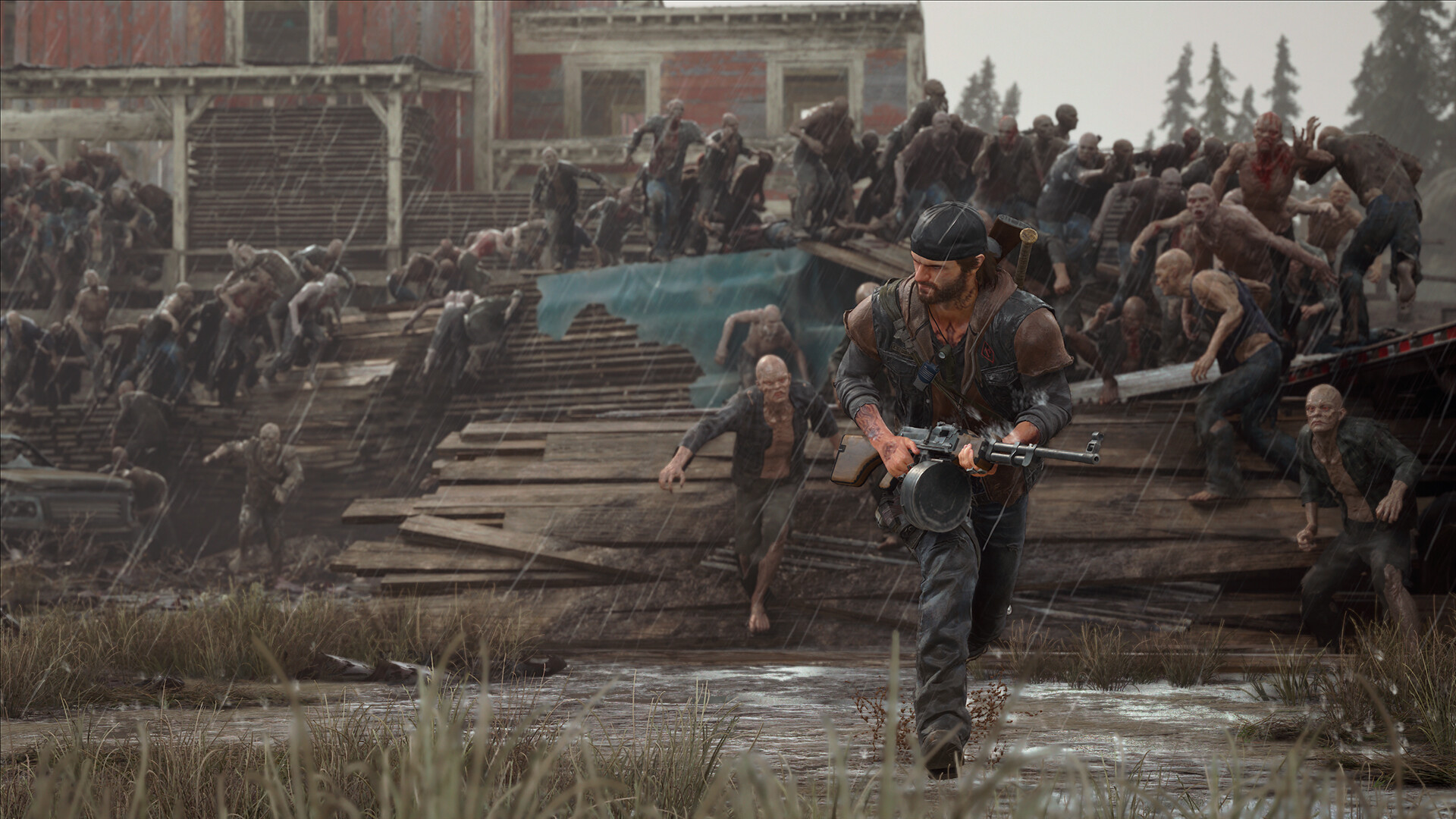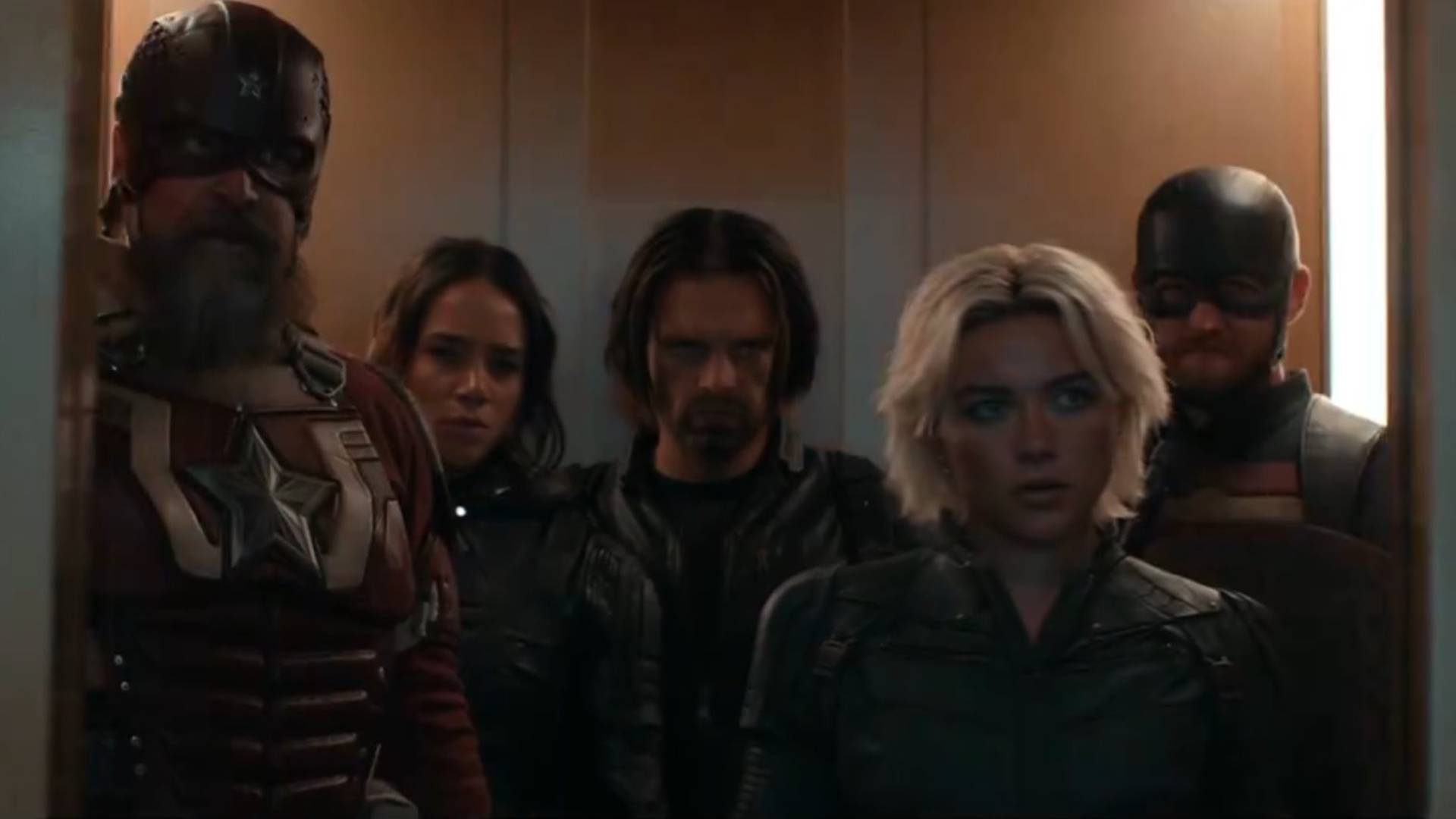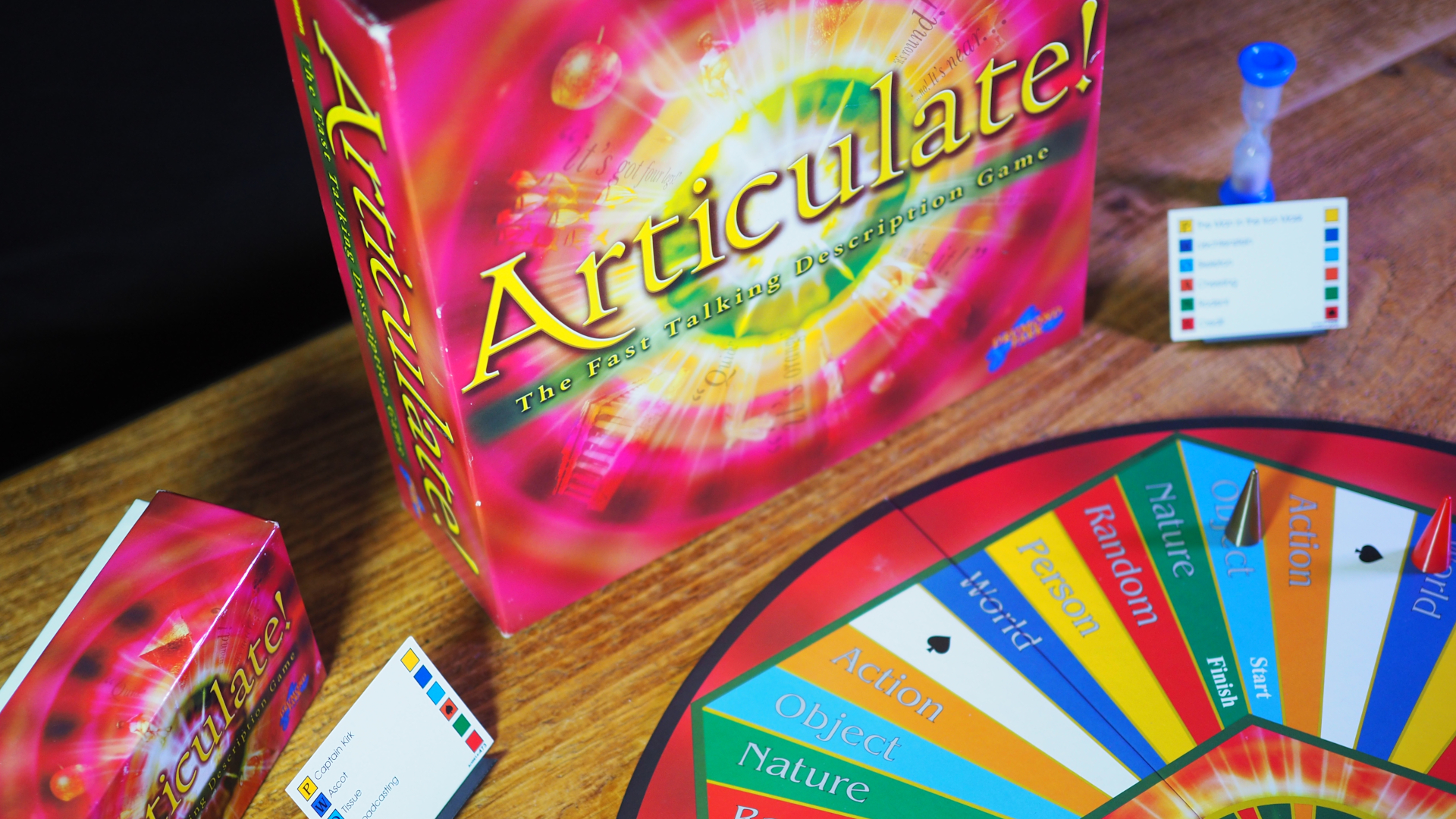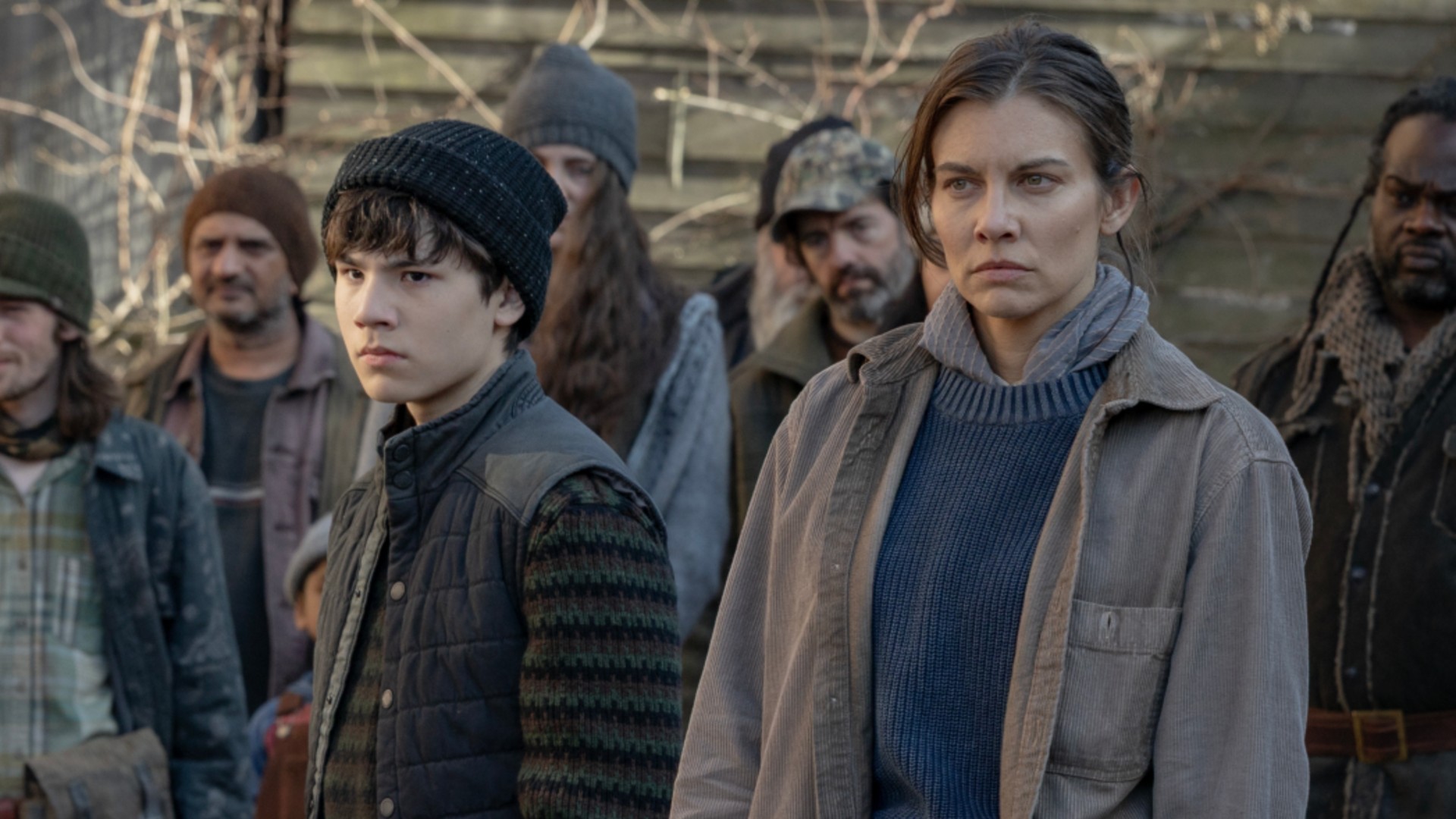When you purchase through links on our site, we may earn an affiliate commission.Heres how it works.
“I think it makes it more about humanity.
Instead of having a gun, you have your camera.
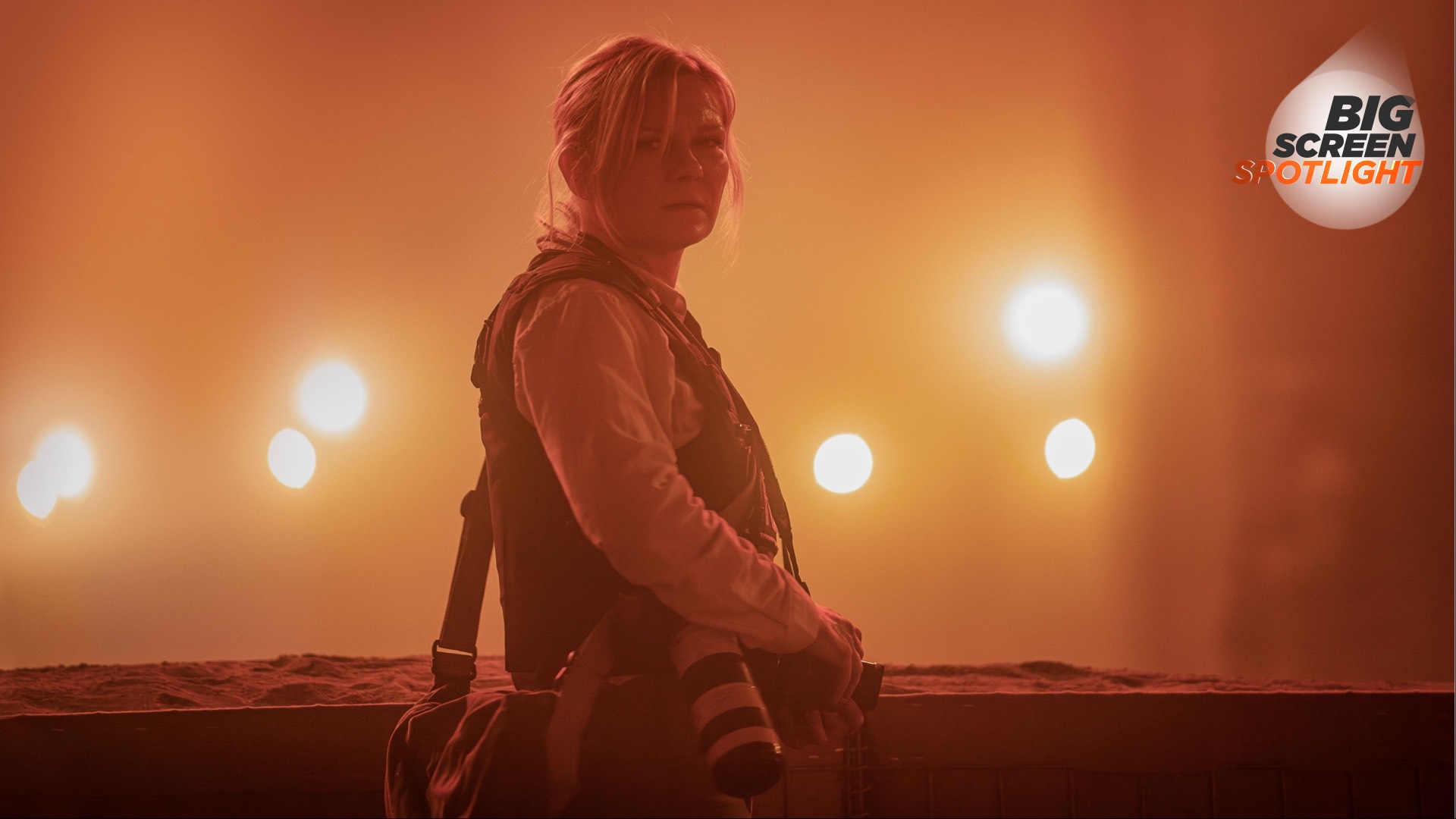
The stasis should act as a reprieve from the brutal action, but it doesn’t.
The lack of movement only makes the horror more stark.
“A simple example might be that film has grammar to do with the way people get shot.
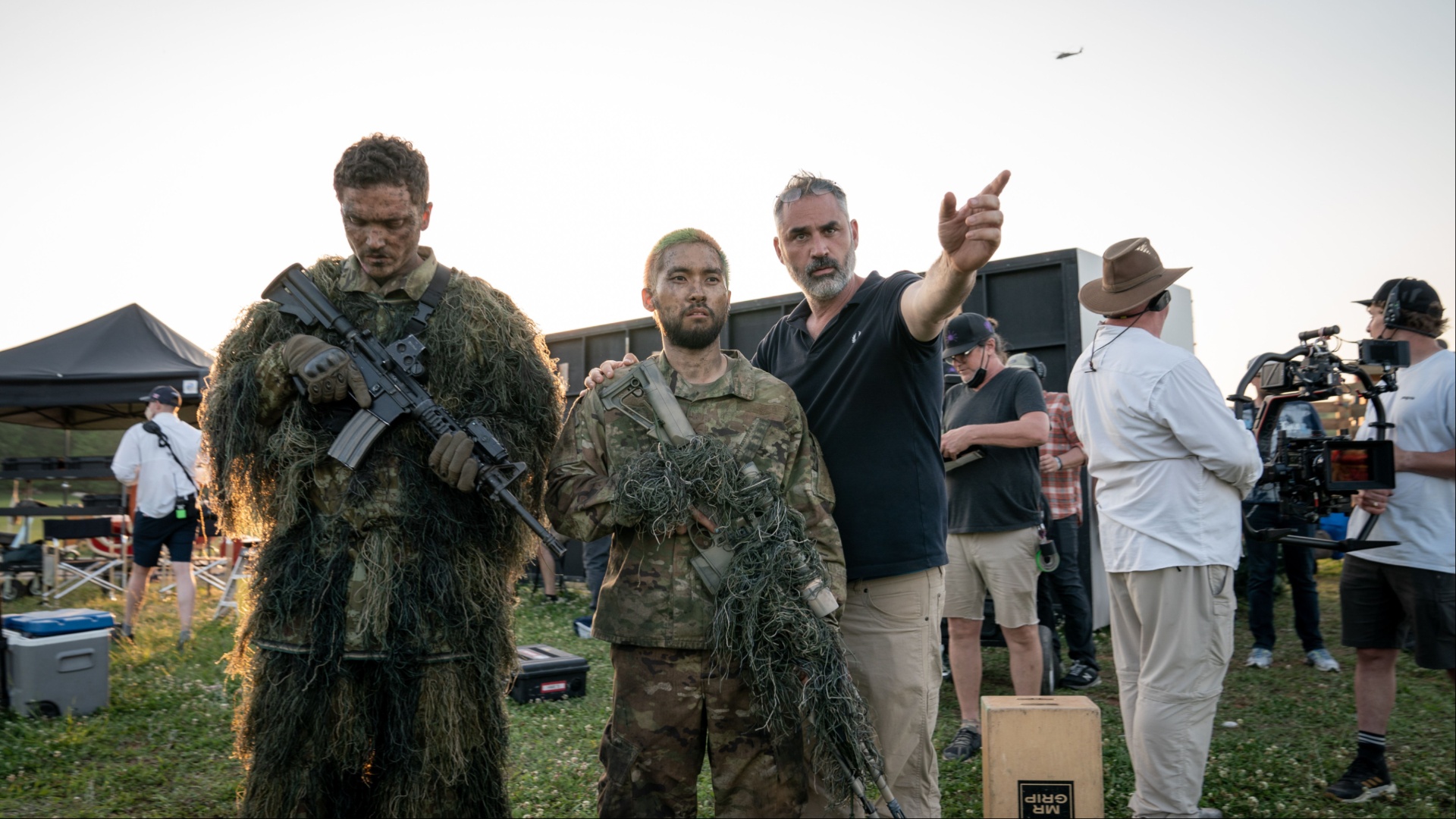
And so when they see moments of violence, it will have something that feels true.”
And you could suddenly find yourself in the middle of it, that could happen.
So, it lands differently on you.”
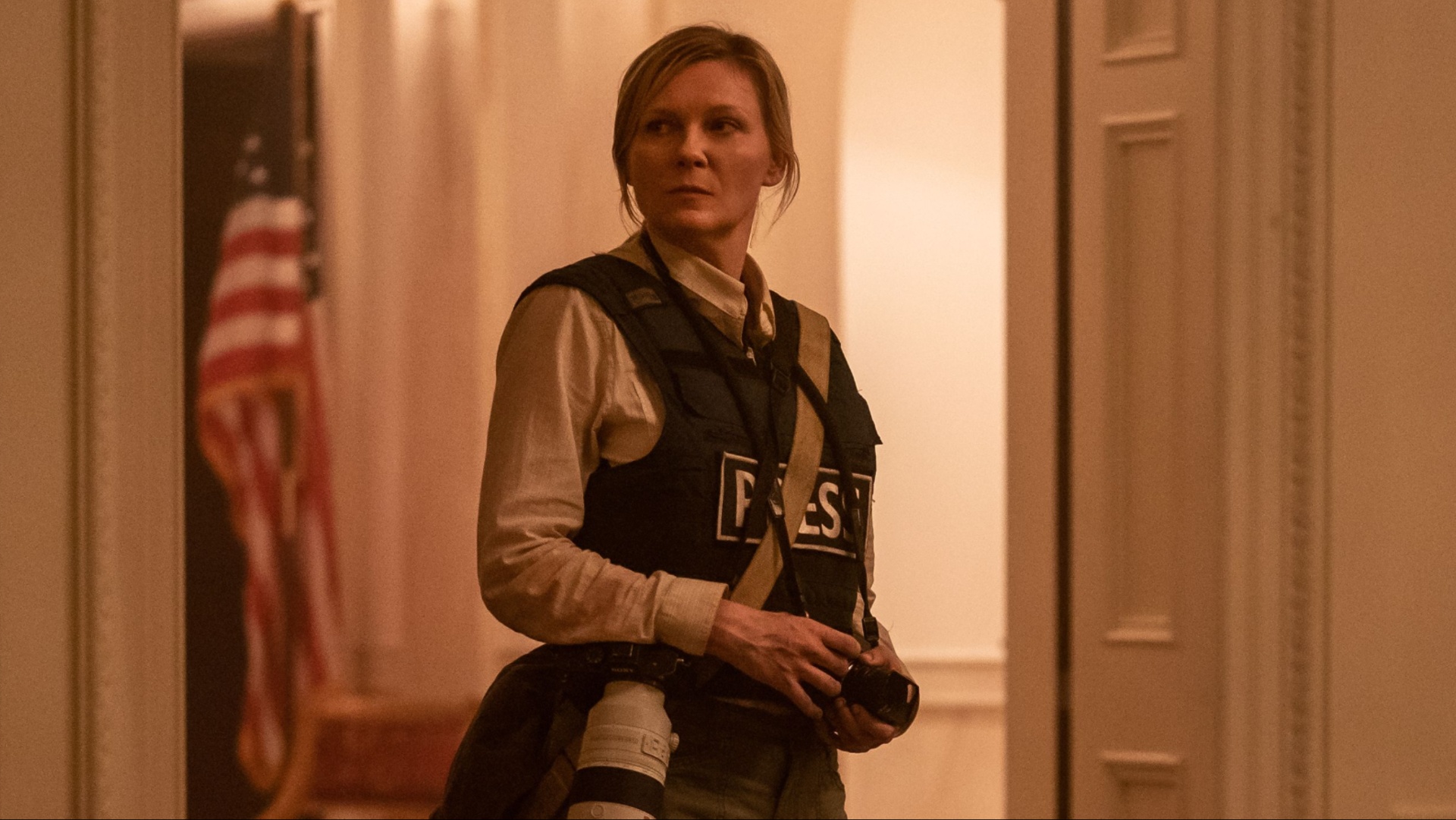
Disengagement, however, is also something that some critics have claimed lies at the heart of the film.
Open to interpretation
Civil War has divided critics in one key area: its politics.
It’s a critique that Garland vehemently refutes, though.
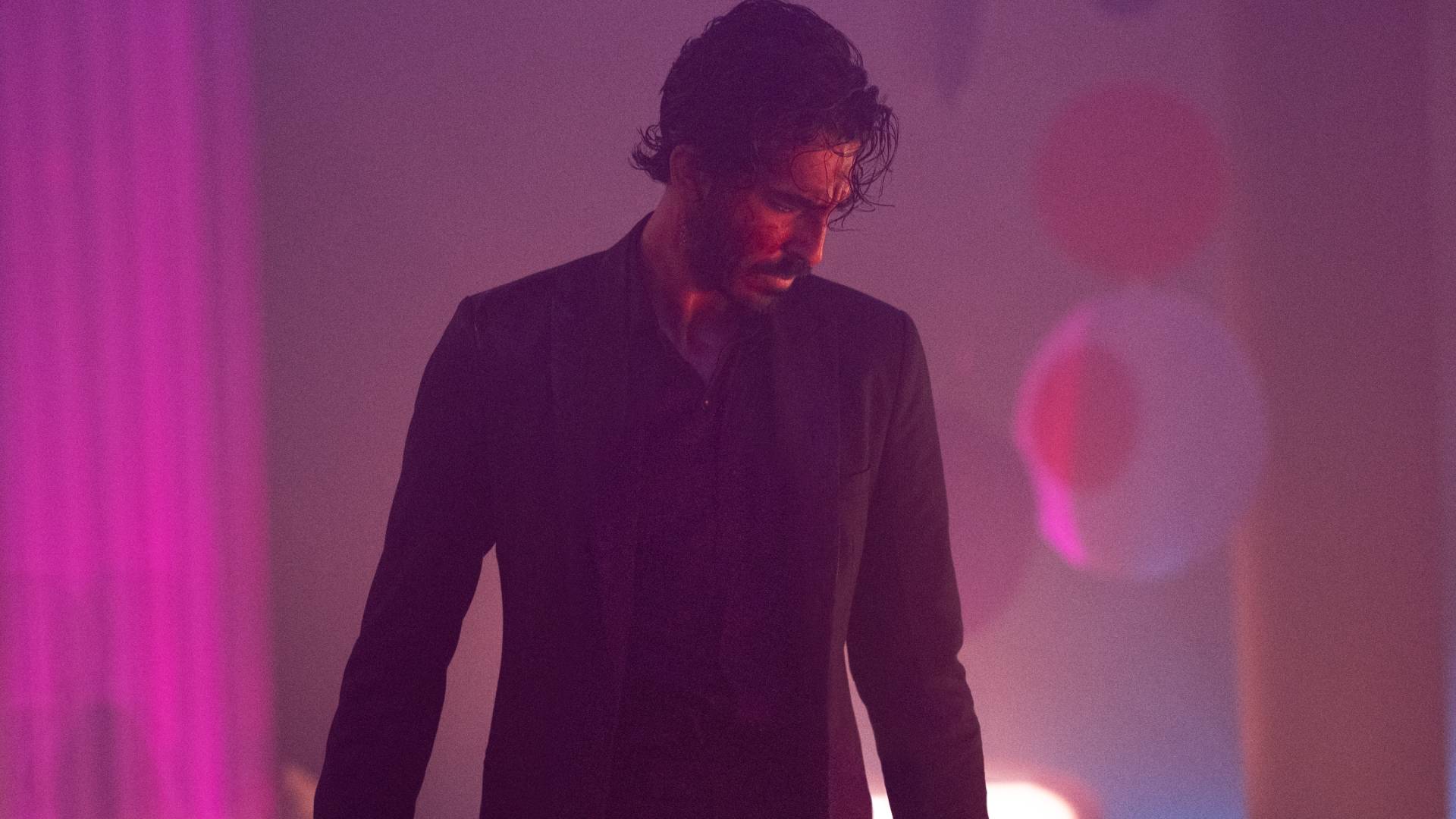
“I’m interested by people thinking things are opaque,” he says.
“It’s not that they’re opaque, it’s just the film is not telling you.
The film is requiring you to step into it so that see those things.
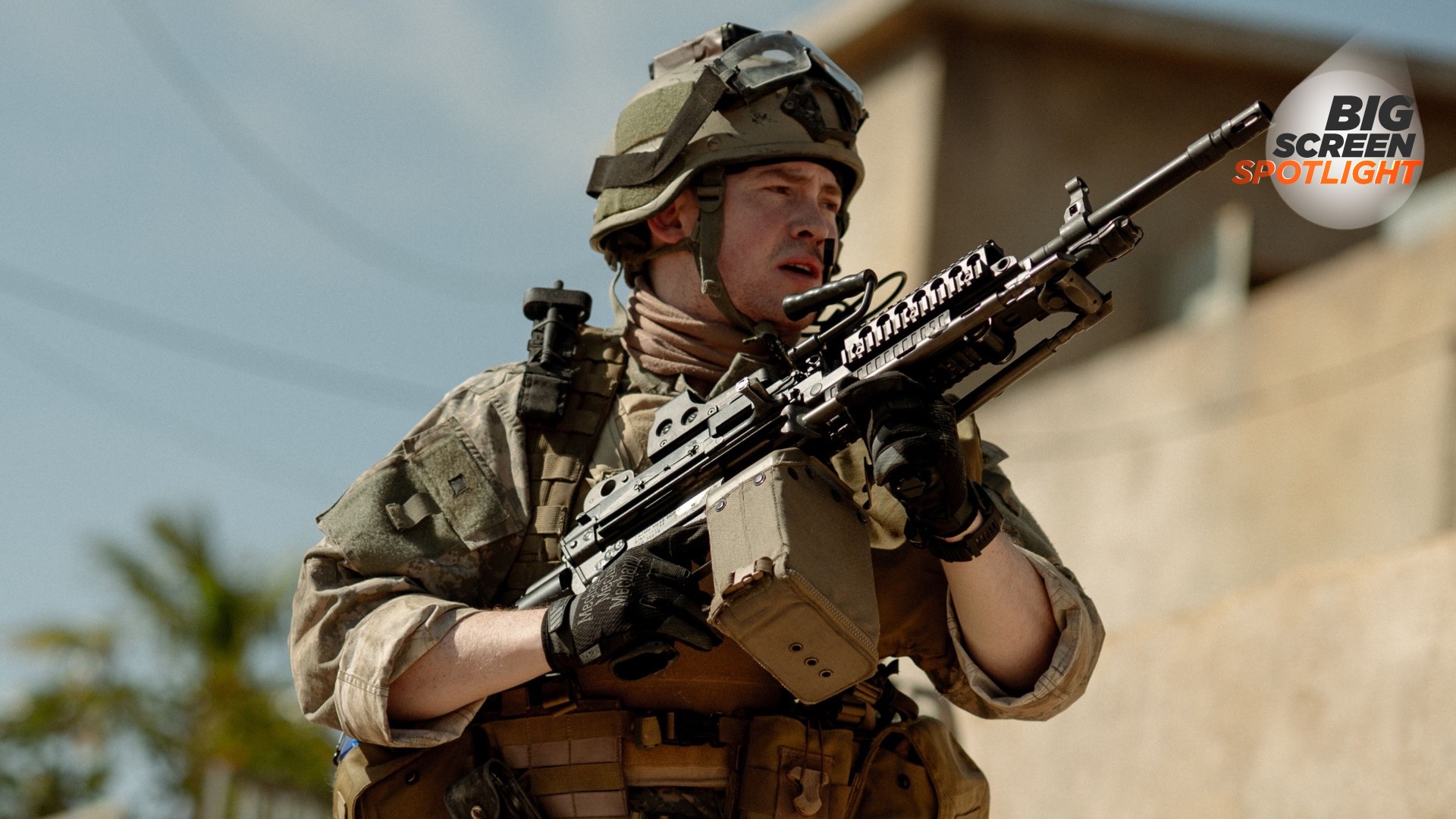
It’s about the viewer being a participant and that is how I always make films.
But that’s not really what I’m interested in.
“I thought, ‘That’s such a better way in’.
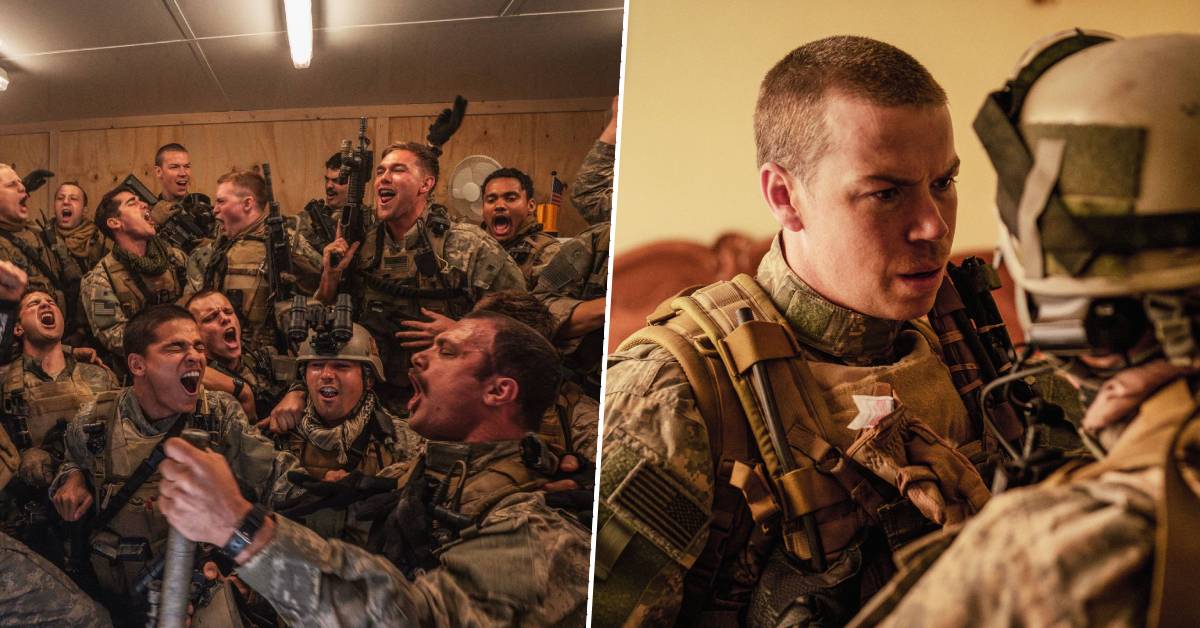
For Dunst, it’s down to the viewer’s own interpretation.
“I wasn’t worried and filling in like, ‘Well, what happened here?
Why did Texas and California join together?'”
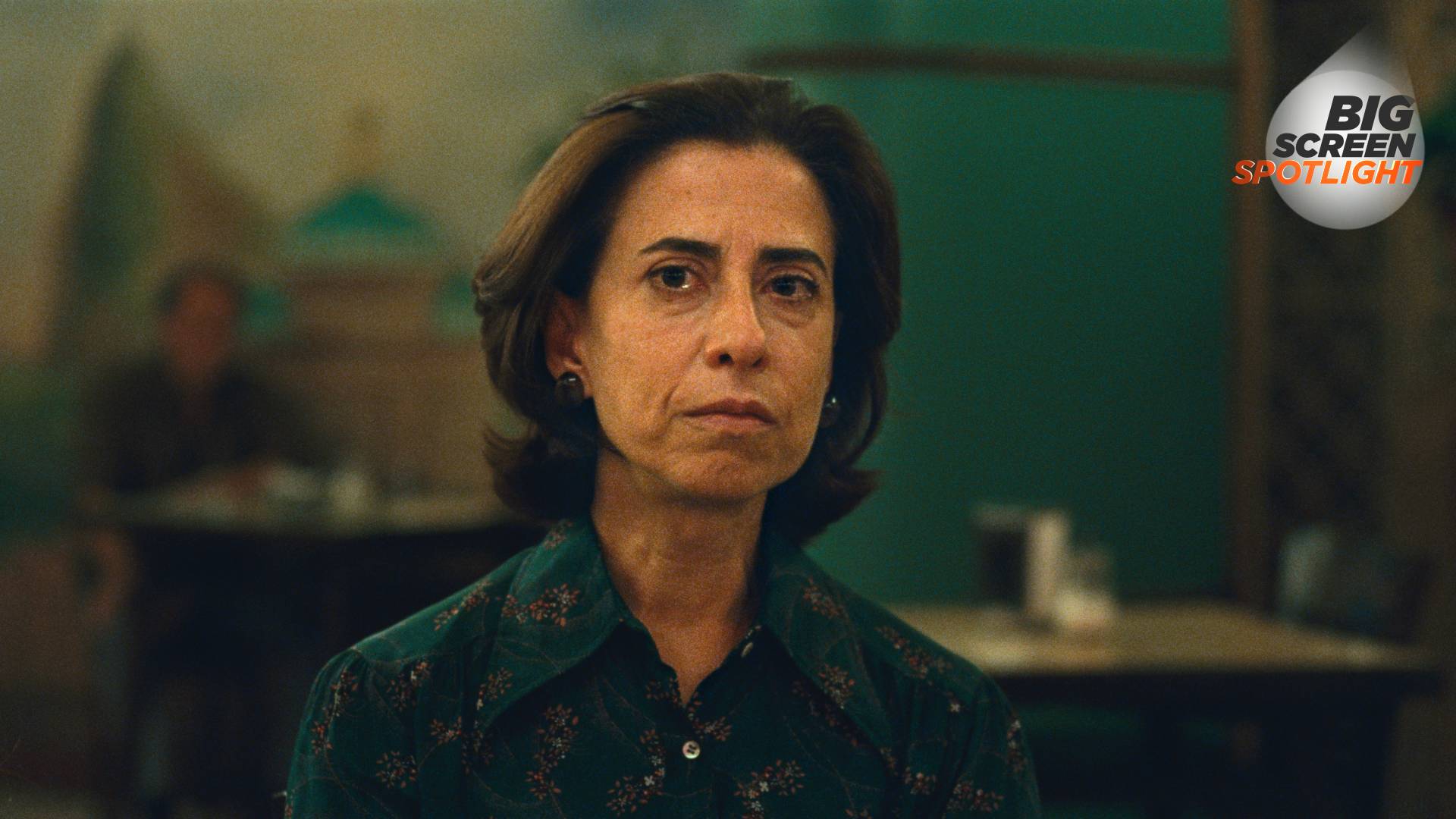
she continues, speaking of the “Western Forces” mentioned in the movie.
Civil War is out now in cinemas.

